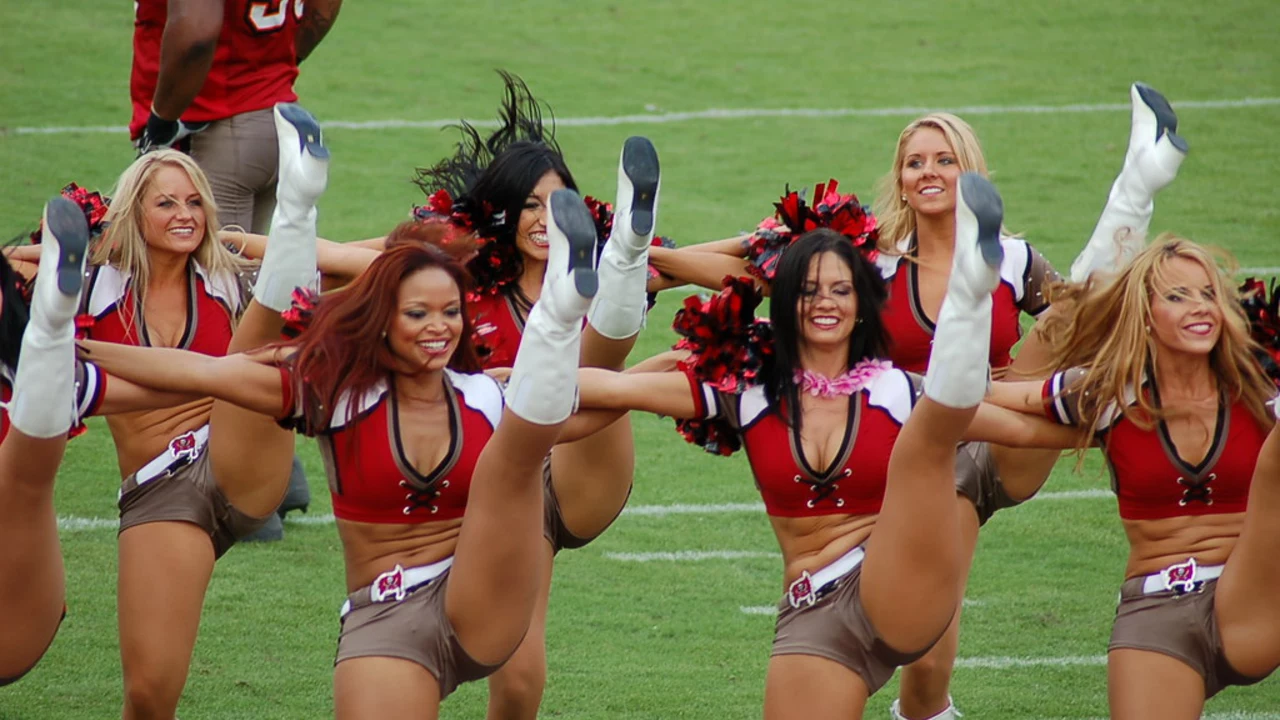Why Are So Many Female Soccer Players Lesbian?
Ever wondered why you hear the same question over and over at the basketball court or the local pitch? It’s not about ticking a box or fitting a meme. It’s about the vibe, the community, and the freedom that women’s soccer often offers. Let’s break it down without the drama, just straight talk.
The Culture of Women’s Soccer
Women’s soccer creates a space where being yourself isn’t a risk, it’s the norm. Teams train together, travel together, and celebrate wins together – that tight‑knit bond can feel like a safe haven. When you’re surrounded by teammates who accept you, it’s easier to explore who you are off the field. That’s why many players say the sport gave them the confidence to come out.
Another piece of the puzzle is the physical side of the game. Soccer demands strength, aggression, and quick thinking – traits that society doesn’t always label as “feminine.” When players break those gender expectations on the pitch, they also break them in life. The result? A community where traditional gender roles feel less important.
Beyond Labels: What It Really Means
It’s tempting to think there’s a direct cause‑and‑effect link, but the reality is messier. Not every female player is lesbian, and not every lesbian plays soccer. What we’re really seeing is a higher visibility of LGBTQ identities in a sport that celebrates authenticity. The more open the locker room, the more players feel safe sharing who they love.
Media also plays a role. When a few high‑profile players speak up, the story spreads, and people start associating women’s soccer with lesbian identities. That can be both good and bad – good because it normalises LGBTQ presence, but bad if it fuels stereotypes and reduces athletes to a single trait.
So, what should fans and teammates do? First, treat every player as a whole person, not a label. Celebrate the skill, the hustle, the teamwork – those are the things that define a soccer career. Second, keep the conversation respectful. If a teammate decides to share their story, listen without judgment. Simple support goes a long way.
In short, the answer isn’t a single reason. It’s a mix of sport culture, personal freedom, and the way we talk about identity. Women’s soccer gives a platform where many feel comfortable being themselves, and that comfort shows up as higher LGBTQ visibility. The next time you hear the question, remember it’s less about soccer and more about the safe space the game creates.
